Forests and Fire: Intersectionality of Forests and People
Forests and Fire: Intersectionality of Forests and People
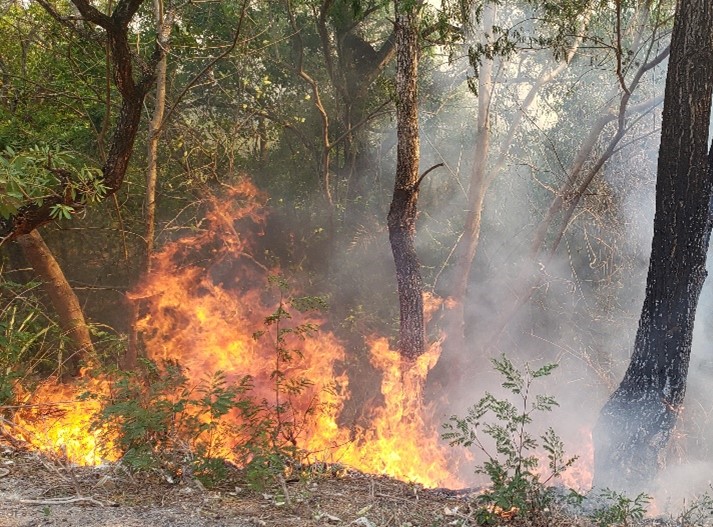
Throughout the Americas wildfires are changing. Forests are experiencing longer fire seasons, fires occurring outside of historic fire regions, fires burning more land on average each year, and more extreme fire behavior; some of which is attributed to a changing climate. Additionally, we are seeing an increased frequency of wildfires in populated area, impacting more homes and communities.
Forests and Water
Forests and Water
Science-Policy-Practice Interface for Managing Forest and Water Interactions under a Changing Environment
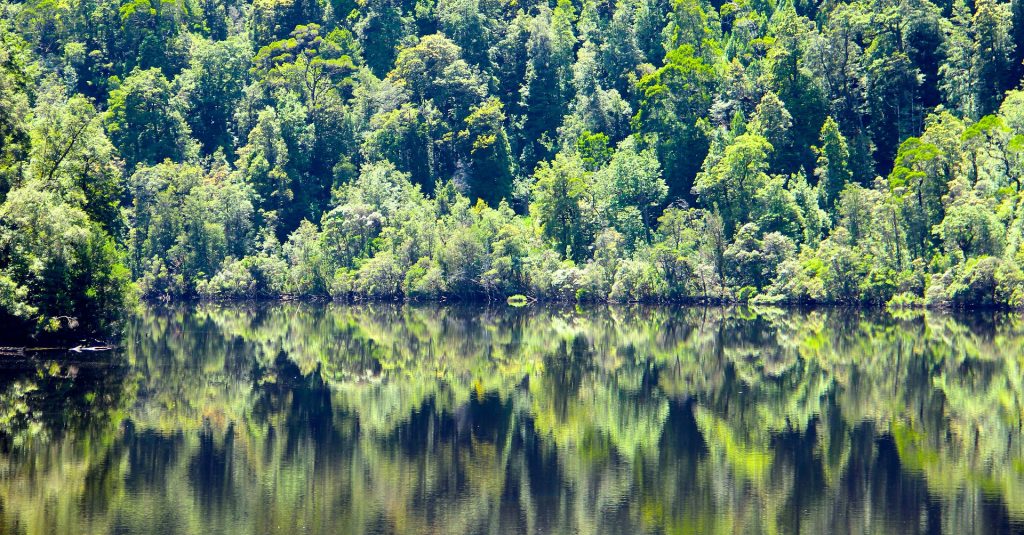
Water is fundamental to life on earth. What may not be quite so obvious is that forests are equally vital resources for life on the planet.
And the two – water and forests – are inseparable in the pursuit of a sustainable and sustainably developed world. Therefore, forests and water resources have been identified as essential elements in adaptation to climate change.
Read more…Employment and Sustainability in Latin American Forests
Employment and Sustainability in Latin American Forests
Main Objective of Unique Entrepreneurship Guide
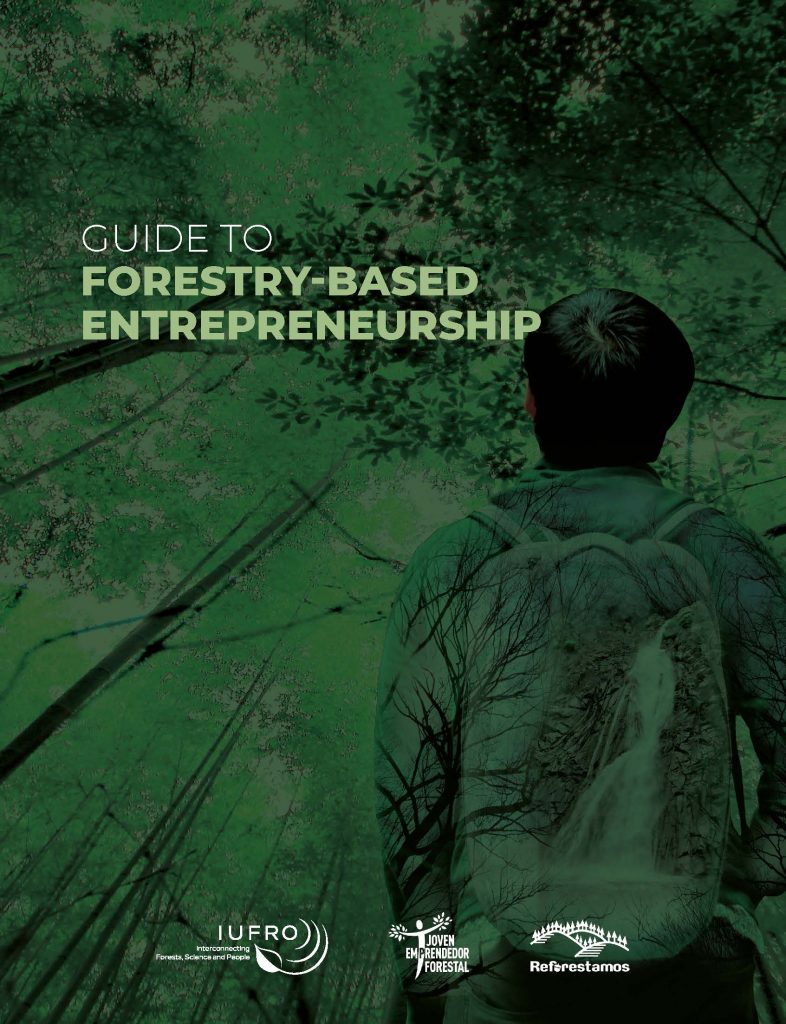
IUFRO and the International Forestry Students’ Association (IFSA) – through a Joint IUFRO-IFSA Task Force on Forest Education (JTF) – have joined forces with Reforestamos in developing an ambitious “how-to” forest-based entrepreneurship guide for use throughout Latin America.
Reforestamos is a Mexico-based NGO with a mission to safeguard forest landscapes needed for sustainable development in the region. It has, among other initiatives, supported the creation of small and growing businesses by people living in and from the forests.
The result of the IUFRO-IFSA-Reforestamos collaboration is the Guide to Forestry-Based Entrepreneurship.
Read more…What’s the buzz? Studying insects on ‘the web’
What’s the buzz? Studying insects on ‘the web’
A series of webinars, originally seen as a temporary response to some of the travel constraints imposed by the COVID pandemic, will most likely continue after post-COVID equilibrium is restored.
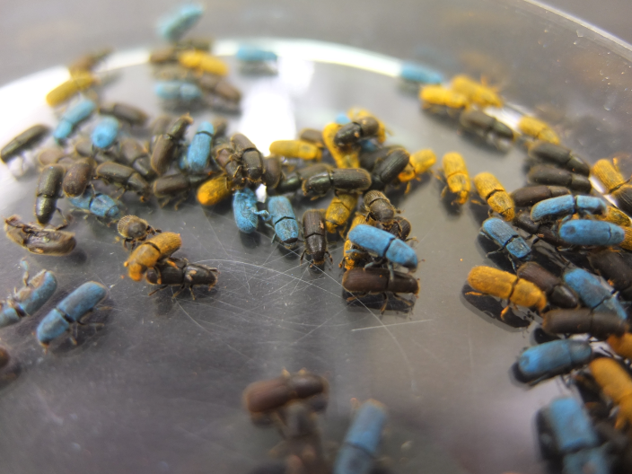
“In light of the current pandemic, many scientific meetings were cancelled – including the many meetings that IUFRO Working Parties (WPs) and other units host each year,” said Dr. Jeremy Allison of the Canadian Forest Service and coordinator of IUFRO’s WP 7.03.16 that deals with Behavioral and Chemical Ecology of Forest Insects.
Read more…IUFRO Spotlight #88 – Using a social science lens on the forest bioeconomy
IUFRO Spotlight #88 – Using a social science lens on the forest bioeconomy

In many countries, forests are important sources of renewable biomass and figure prominently in bioeconomy strategies.
Forests can be stretched beyond their traditional applications and used in textiles, chemicals, and cross-laminated timber, among other things, and can provide climate and ecological benefits, lead to rural employment opportunities and add to regional growth.
Read more…IUFRO Spotlight #87 – Getting everyone on board to succeed in forest landscape restoration
IUFRO Spotlight #87 – Getting everyone on board to succeed in forest landscape restoration
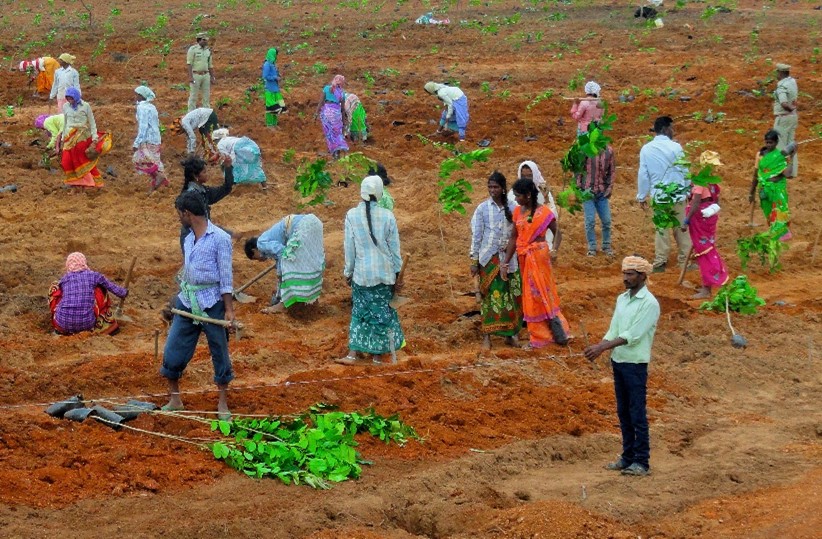
Photo: Forest College & Research Institute, Telangana, India
The world is degraded. Worldwide, according to a 2018 UNESCO publication, land degradation affects 3.2 billion people – about 40% of humanity.
The degradation is human caused, drives species extinction, intensifies climate change, and adds to mass human migration and increased conflict, the report indicated.
So, a critical question becomes: how do we build or, perhaps more accurately, rebuild a sustainable world?
Read more…IUFRO Spotlight #86 – Analyzing the complicated forest-water relationship
IUFRO Spotlight #86 – Analyzing the complicated forest-water relationship
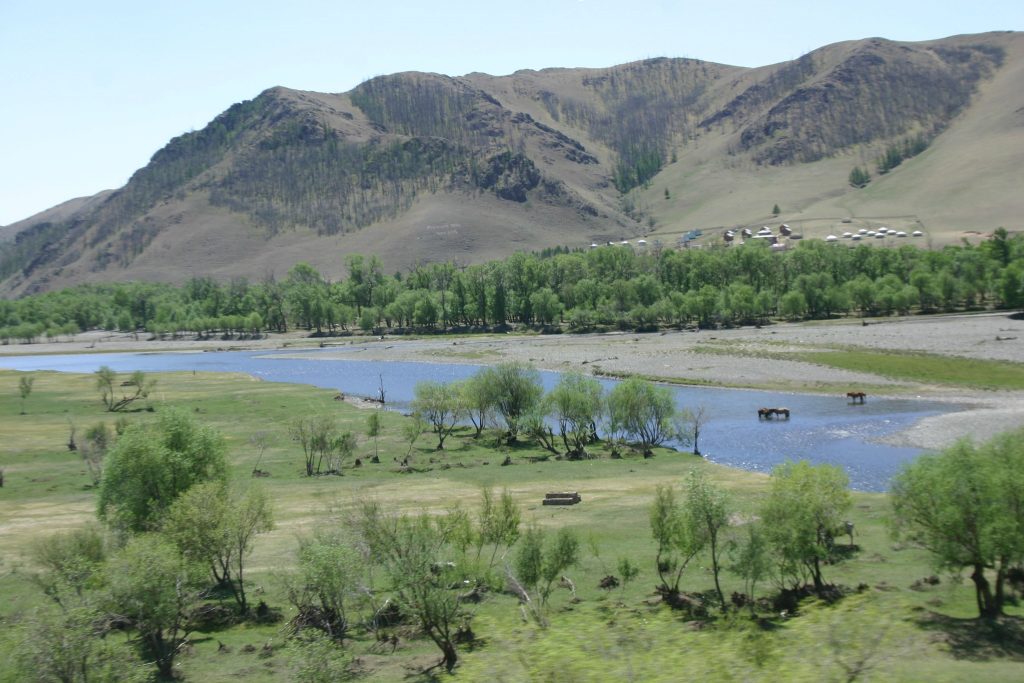
More than 500 years ago Leonardo da Vinci said: “Water is the driving force of all nature.”
There is a corollary that could easily be added to da Vinci’s truism: Water is greatly aided and abetted in that role by forests.
Forests play an integral role in the water cycle by enhancing the world’s supply of clean water. Much of the globe’s freshwater is provided through forested catchments.
Read more…IUFRO Spotlight #85 – Variety: the spice of life, also for future forests
IUFRO Spotlight #85 – Variety: the spice of life, also for future forests
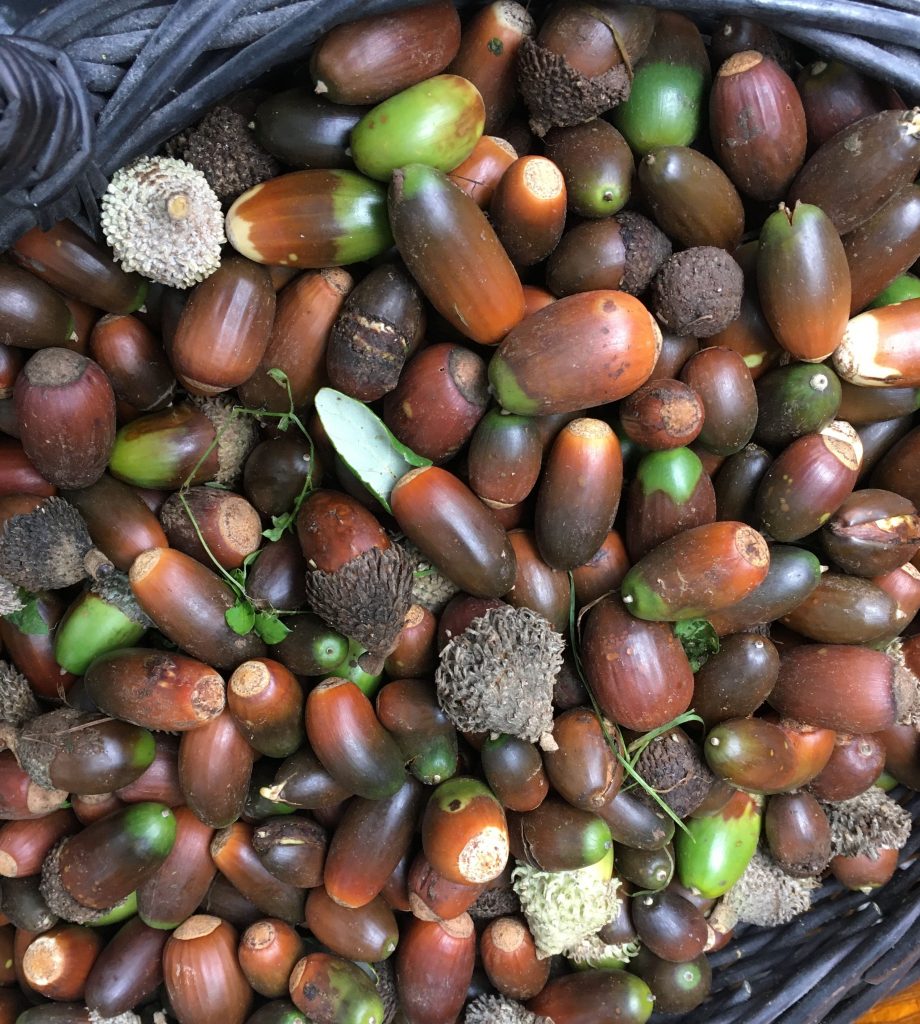
Forests in the Mediterranean and similar biodiversity hotspot regions are degrading rapidly due to the interaction of multiple stressors – both natural and anthropogenic.
The accelerated degradation poses a serious threat to the diversity of forest genetic resources (FGR).
Read more…Spotlight #84 – Task Force probes ‘whys’ behind increased tree mortality
Spotlight #84 – Task Force probes ‘whys’ behind increased tree mortality
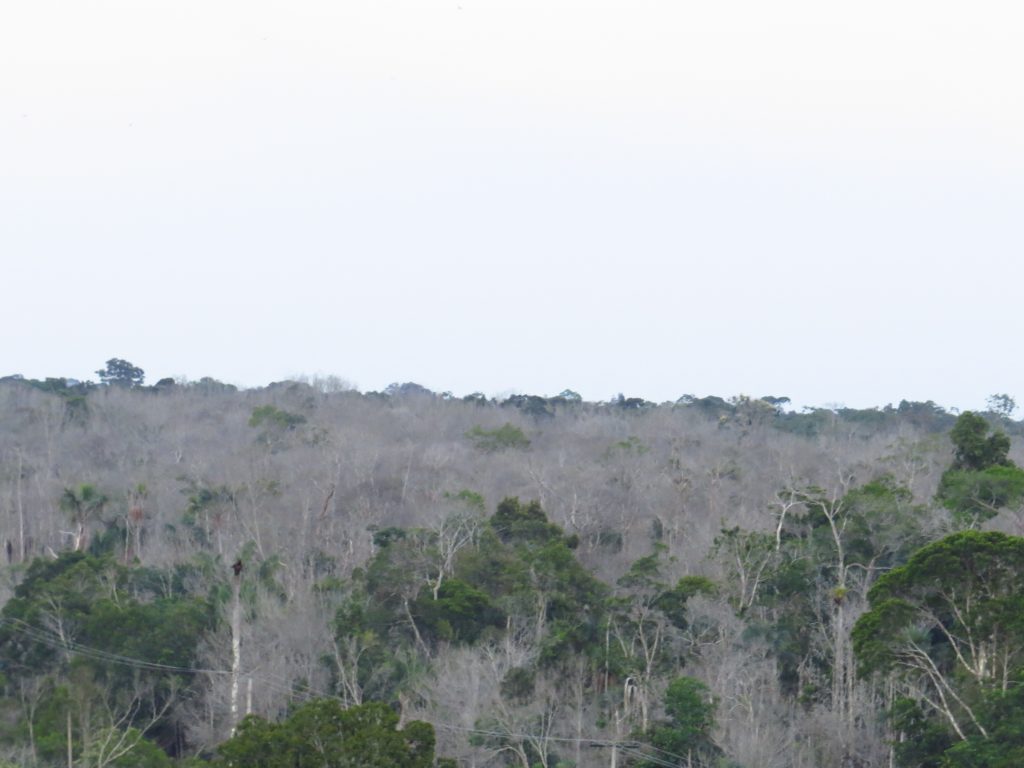
Tree mortality appears to be increasing at unprecedented rates.
One may be tempted to think: So what? Trees regenerate. They’ll grow back.
But, for a lot of reasons, it’s not quite that simple.
Read more…Spotlight #83 – Examining the Economic Drivers of Wildfire: Where There’s Smoke, There’s Finance
Spotlight #83 – Examining the Economic Drivers of Wildfire: Where There’s Smoke, There’s Finance
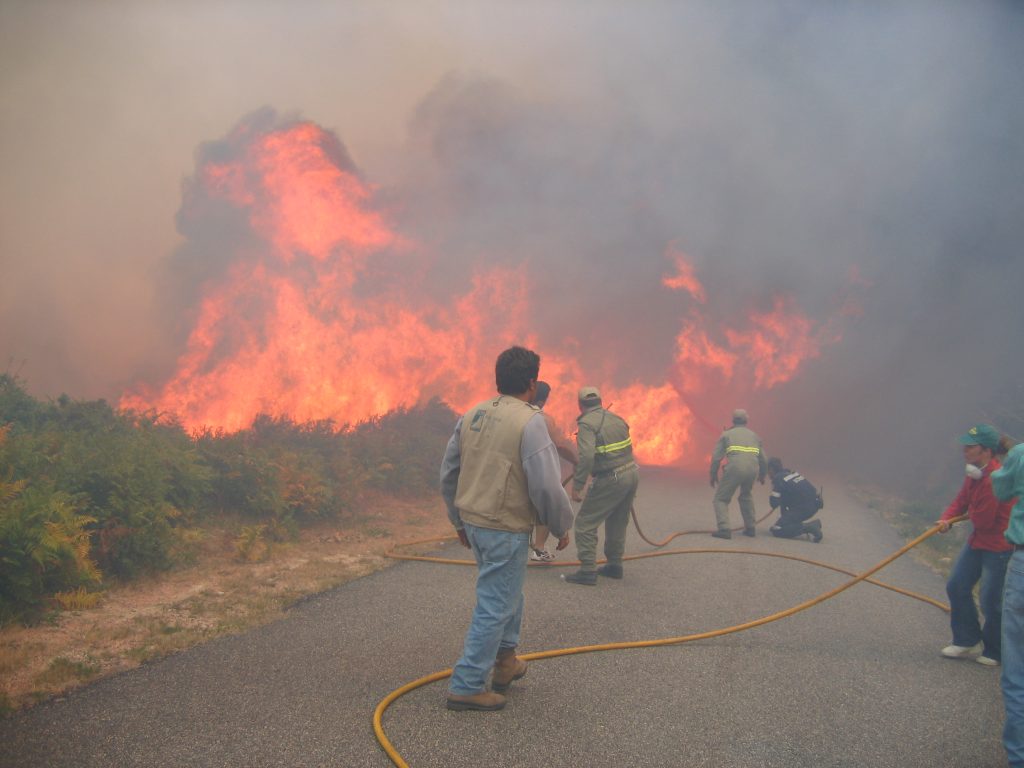
“The world is ablaze. Or so it seems, and the scenario is repeating itself every year now,” says Dr. François-Nicolas Robinne, of the University of Alberta’s Department of Renewable Resources, and Coordinator of IUFRO’s Fire$: Economic Drivers of Global Wildland Fire Activity Task Force (TF).
